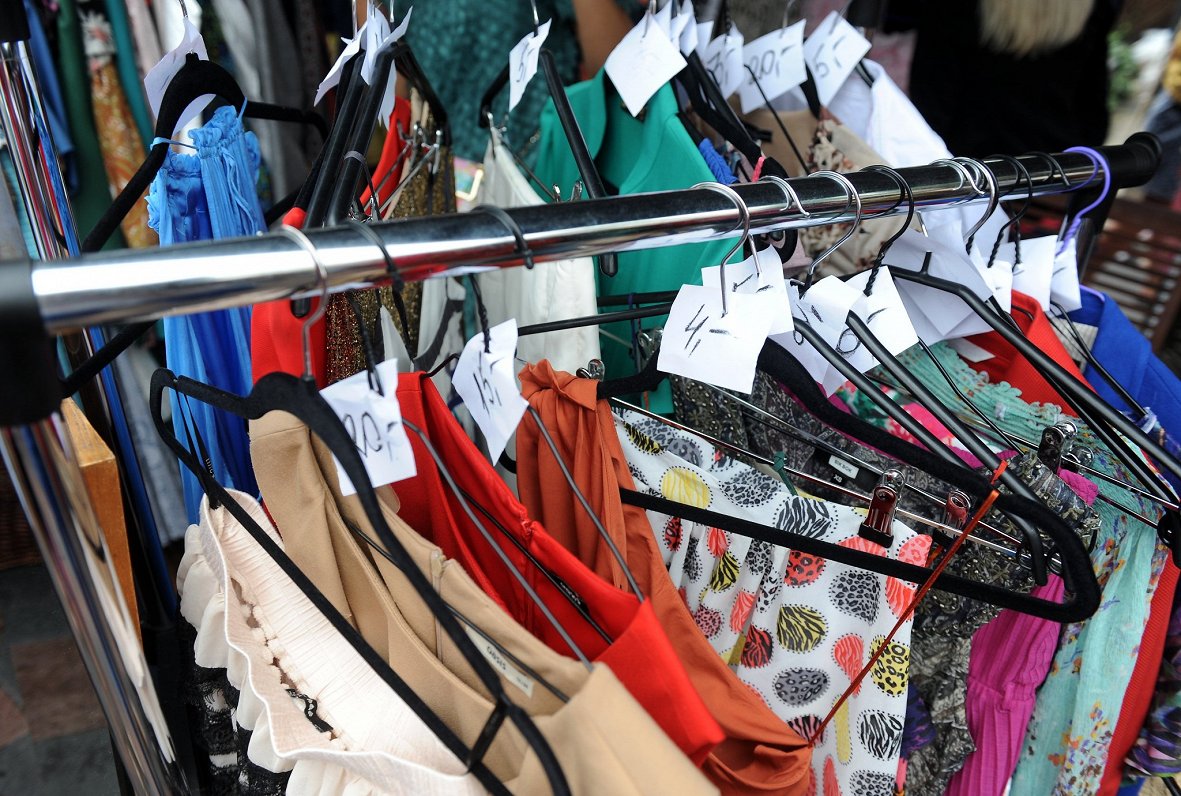The government conceptually agreed that after the end of the official state of emergency on April 6, some restrictions could be lifted regarding retail and education. The decision will still have to be taken next week.
Prime Minister Krišjānis Kariņš, after hearing experts in various fields, acknowledged that the epidemiological situation was very serious, and that Latvia was on “thin ice”.
But the end date of the state of emergency — April 6 — is coming. It is not planned to extend it, and the government has to decide how Latvia will live from April 7. The Prime Minister said that he supported the intention to gradually phase out the restrictive measures of Covid-19. One of the main changes -- smaller stores may be allowed to open if they are detached, i.e., not located within shopping malls.
The Prime Minister acknowledged that Latvian residents are quite creative and have adapted to trade restrictions and people have the opportunity to purchase the intended goods, such as construction supplies.
“Many of the small shops are already working. We have an extremely creative nation,” the Prime Minister said, adding that allowing shops to open, except in big malls, would legalize the system. “It wouldn't be an opening, but an arrangement of the system.”
Ministers also agreed that a number of restrictions are not working, and the partial lifting of retail restrictions would mean putting the system in order. Minister of Economics Jānis Vitenbergs said that shopping malls have repeatedly faced a lack of support during the restrictions. If the restrictions are extended, it would be necessary to think about aid, such as covering rents for stores in malls.
The government on Friday conceptually agreed to a gradual easing of restrictions as a first step after the end of the state of emergency.
Starting April 7, if the 14-day cumulative number of Covid-19 cases per 100,000 inhabitants does not exceed 400 (on March 26, it is 377), the following rules would be in place:
The step may be implemented if the 14-day cumulative number of Covid-19 cases per 100,000 inhabitants does not exceed 400. For comparison: March 23, this figure was 379,2. This would allow for:
- education onsite regionally for grades 1-6, and 12, rotation for grades 7-11 (two days per week in person);
- assembly of two households in outdoor areas (up to 10 people);
- all retail may open, except non-essential stores located in shopping malls with an area of more than 7000 square meters;
- pickets and demonstrations may take place (up to 10 people).
- interest education/vocational education/amateur arts in outdoor groups (up to 10 people);
- vocational education - the acquisition of professional practical content necessary for professional qualifications in indoor groups (up to 5 people).
The government will still have to decide on an exact plan next week.






























